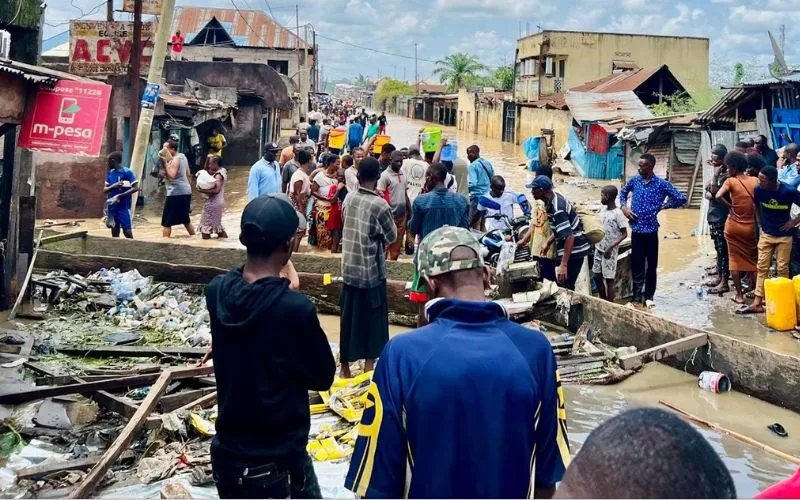Nairobi, 05 April, 2025 / 10:36 pm (ACI Africa).
In the face of multiple violent conflicts in many countries of the world, including in Sudan and in the Democratic Republic of the Congo (DRC), officials of the Jesuits Refugee Service (JRS) have joined Non-Governmental organizations (NGOs) to caution against the tendency to politicize aid.
In an April 2 collective statement titled, “Our shared commitment to principled humanitarian action”, the international Catholic entity of the Society of Jesus (SJ/Jesuits) and select NGOs advocate for humanitarian interventions in line with “principles of humanity” even with a reduction in funding from some of the “major donors”.
In the collective NGO statement, the signatories say they find it regrettable that “major donors are simultaneously decreasing their funding and increasing pressure to align humanitarian actions with political agendas.”
“To ensure we can effectively serve those most in need now and in the future, we must resist the politicization of aid and rely on our humanitarian principles of humanity, impartiality, neutrality, and independence that enable us to strive to reach whoever is most in need, wherever they are, with vital assistance and protection,” the signatories emphasize.
The reduction in donor funding, they lament, is “already crippling humanitarian crises” in war-torn countries across the world, and especially in Sudan and DRC. In their analysis, the abrupt U.S. funding cuts have “halved the global humanitarian budget.”








